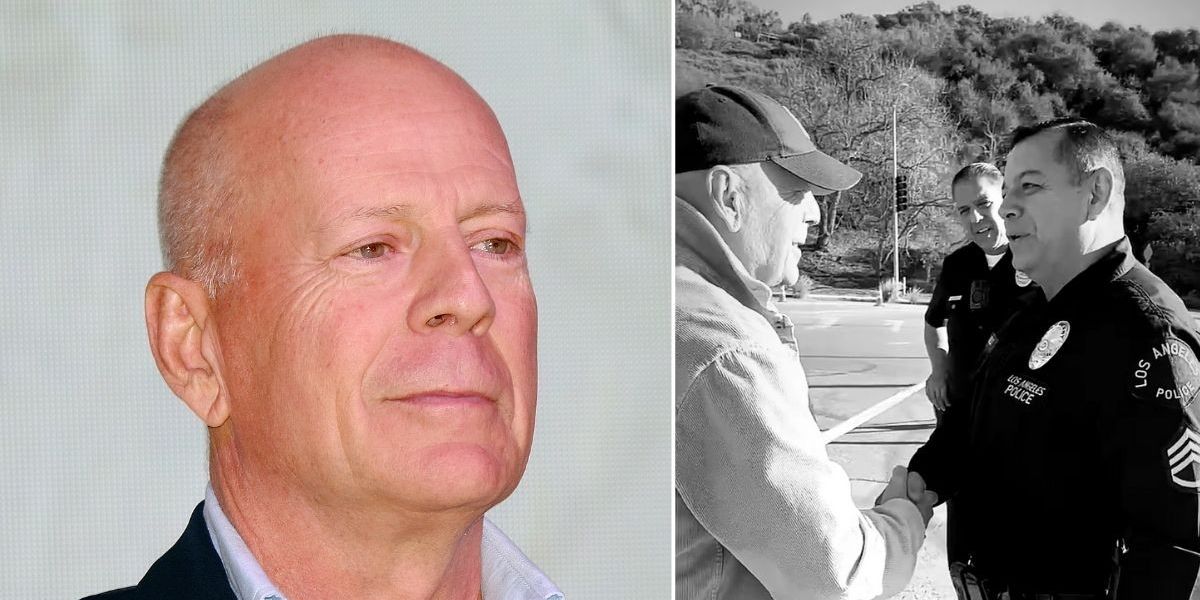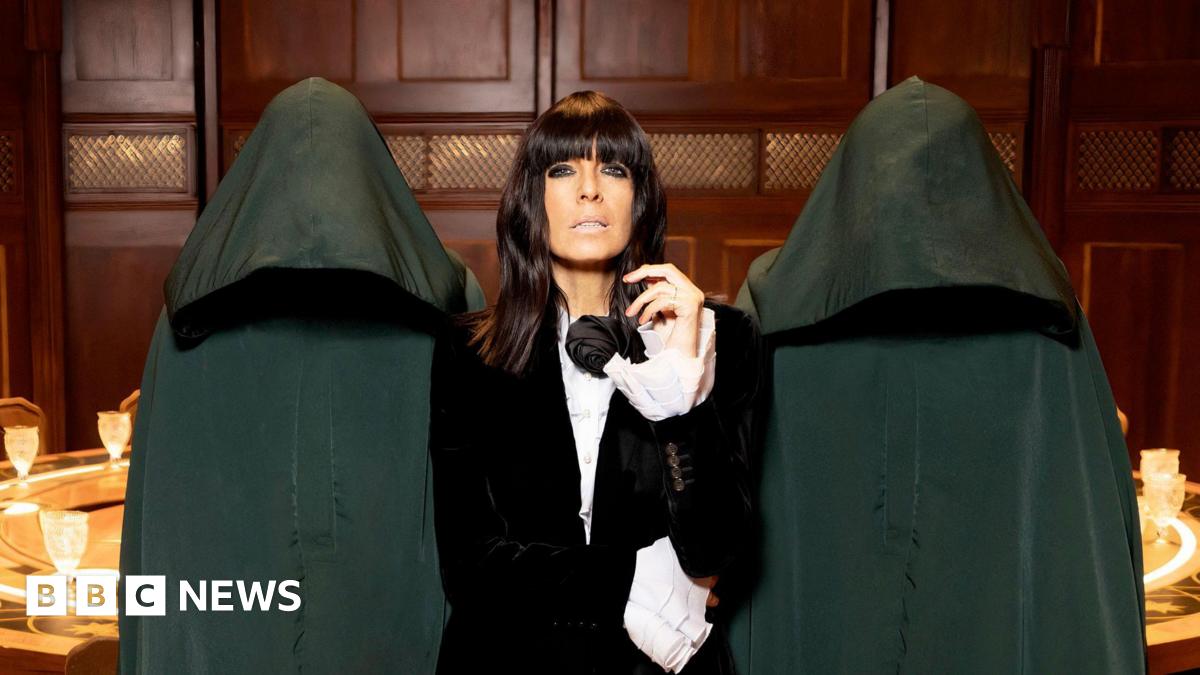Three judges that oversaw Sara Sharif’s family court cases before she was murdered by her father and stepmother, can be named in seven days, a court has ruled.
The Court of Appeal has accepted an appeal after several media organisations challenged Mr Justice Williams’ controversial ruling that those who oversaw a string of family court proceedings before the 10-year-old’s death could not be identified.
Mr Justice Williams originally cited a “real risk” of harm to them from a “virtual lynch mob” as he said that to suggest family court officials should be held accountable for Sara’s death was “equivalent to holding the lookout on the Titanic responsible for its sinking”.
Lawyers argued the ban would have a “corrosive impact on public confidence in the judiciary and wider justice system.”
A shocking trial saw Sara’s father, Urfan Sharif, 42, and his wife Beinash Batool 30, found guilty for her traumatic murder, after she suffered a catalogue of 70 injuries, including 25 fractures, human bite marks and burns. Her uncle, Faisal Malik, 29, was convicted for causing or allowing her death while living with them.

Details later emerged from previous family court proceedings, which revealed that Surrey County Council had repeatedly raised “significant concerns” about Sara’s safety.
The Council first had contact with Sharif and Sara’s mother Olga Domin in 2010 – more than two years before Sara was born – having received “referrals indicative of neglect” relating to her two older siblings, known only as Z and U.
Within a week of Sara’s birth, the authority began care proceedings concerning the children.
Between 2013 and 2015, several allegations of abuse were made against Sharif and Domin, which were never tested in court despite three sets of family court proceedings.
One hearing in 2014 told that the council had “significant concerns” about the children returning to Sharif, “given the history of allegations of physical abuse of the children and domestic abuse with Mr Sharif as the perpetrator”.
Sara and her sibling U were returned to the parents. Sibling Z remained in foster care where they made allegations of physical abuse perpetrated by both parents, as well as allegations of domestic violence.


These allegations were denied by Sharif and Domin and the court did not determine the truth.
In 2015, Domin accused Sharif of hitting her and their children, as well as controlling, violent behaviour. He made counter-allegations against Domin and agreed to go on a domestic violence course, but these allegations were never tested in court.
Sara would briefly go into foster care and then join her mother in a refuge. While in foster care, a carer noted scars potentially consistent with cigarette burns on Sara and her sibling, which Domin and Sharif said were chicken pox scars.
By November that year, the family concluded the children should live with Domin, allowing supervised visits with Sharif.
In 2019, a judge approved Sara moving to live with her father at the home in Woking, after she alleged Domin had abused her, where she later died after a campaign of abuse.


Freelance journalists Louise Tickle and Hannah Summers were two of many media figures who appealed the decision as they told a hearing on 14 January that the judges should be named in the interests of transparency.
Chris Barnes, for Ms Tickle and Ms Summers, called the judge’s decision “unfair, poorly reasoned and unsustainable”, calling it “out of step with the recognised need to promote transparency, and media reporting, in the Family Court”.
He said: “Judges very frequently sit on controversial cases and that, notwithstanding this reality, anonymity for a judge is not something which has any domestic precedent, indeed, it runs contrary to all established norms.”
The children’s guardian, representing other minors involved in the case, opposed the appeal. Alex Verdan KC, representing the guardian, said the judge’s decision “would seem to be grounded on concern for the wellbeing of judges”.
“For many professionals working within the family justice system, particularly those in a judicial role, the risks are all too real, but all too infrequently acknowledged,” he added.
Cyrus Larizadeh KC, for Urfan Sharif, has also opposed the appeal, as he said in written submissions that he was “concerned that no harm should come to the judge(s) who presided in the historic proceedings”, citing that media reporting had led to “significant threats” being made to judges on social media.
More follows…












